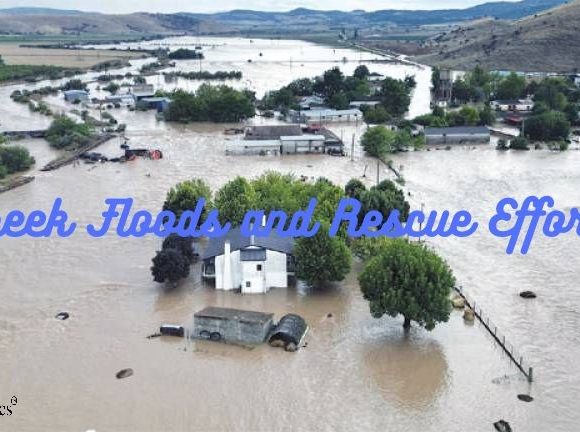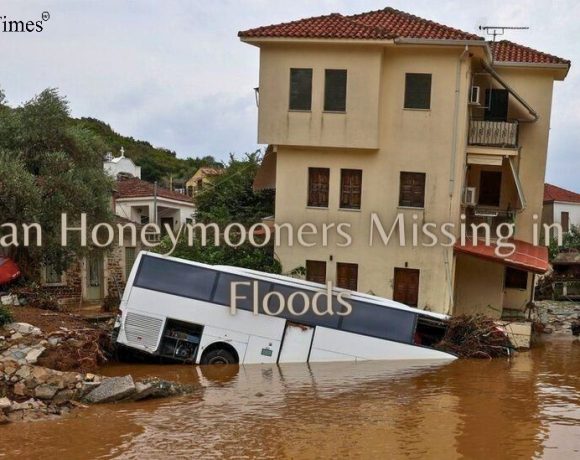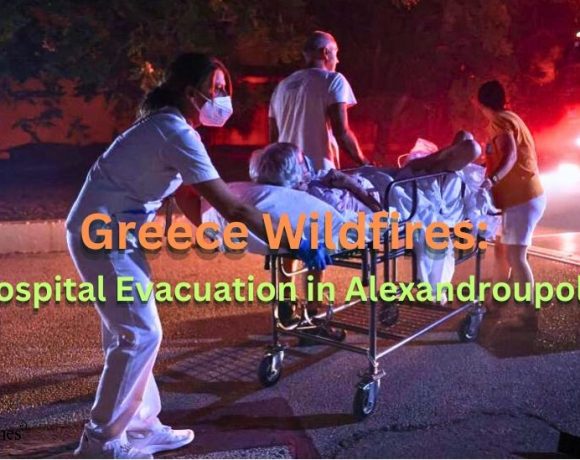
Francisco José García de Zúñiga, a farmer in Jaén, Spain, is facing a challenging harvest season due to consecutive years of drought in 2022 and 2023. Jaén is a crucial region for olive oil production, with Spain being the world’s largest producer, contributing to 70% of European Union consumption and 45% globally.
The persistent lack of rain in olive-producing areas like Jaén has led to a significant impact on both the quantity and price of olive oil. Mr García de Zúñiga emphasizes that Spain’s challenges affect global production, adhering to the basic law of supply and demand. As Spain produces less oil, global supply decreases, and if demand remains constant, prices rise.
In Spain, olive oil prices have surged by over 70% this year, following a substantial increase in 2022. Factors contributing to this surge include rising costs of fuel, electricity, and fertilizers over the past two years, but the primary factor is the extended period of drought. The Nuestra Señora del Pilar cooperative, one of the world’s largest olive oil factories, experienced a severely low olive harvest in the 2022-23 season.
Cristóbal Gallego Martínez, the cooperative’s president, highlights the impact of climate change on traditional agricultural assumptions. Dry periods are lasting longer, and the usual cycle of poor and good harvests is disrupted. He calls for government measures, such as investing in irrigation systems, to address the changing climate patterns.
The rise in olive oil prices is not limited to Spain, as it has been observed across Europe. Some neighboring countries have seen a less sharp increase, leading to Spaniards crossing borders to purchase slightly cheaper oil. The UK and Ireland, for instance, have lower prices due to having bought oil at a lower cost several months ago.
Despite the economic considerations, experts warn against opting for cheaper alternatives, as olive oil is a vital component of the Mediterranean diet, known for its health benefits. Lower-cost alternatives, such as sunflower oil, might lead to a loss in nutritional value. Fernando López-Segura, from Córdoba’s Reina Sofía hospital, underscores the cardiovascular benefits of consuming [virgin extra] olive oil, emphasizing the importance of maintaining its place in the Mediterranean diet. However, current consumption trends are influenced not only by health considerations but also by the unpredictable patterns of rainfall.
Picture Courtesy: Google/images are subject to copyright









